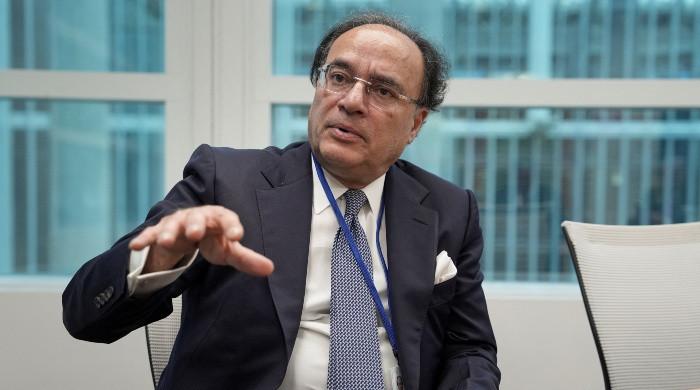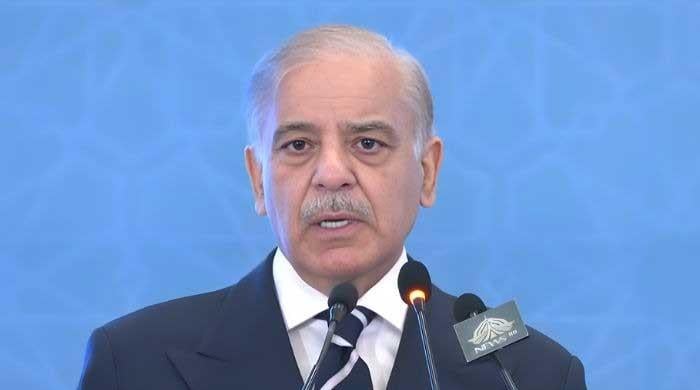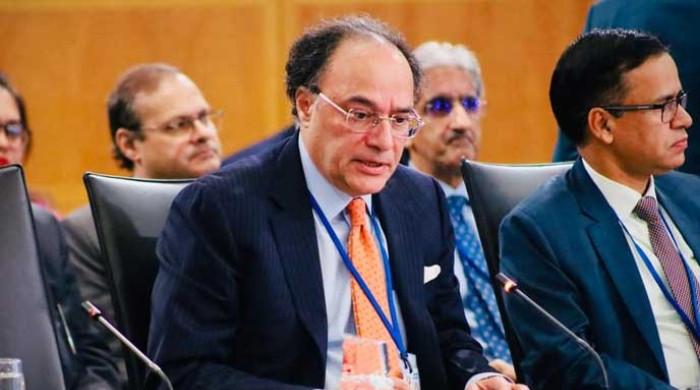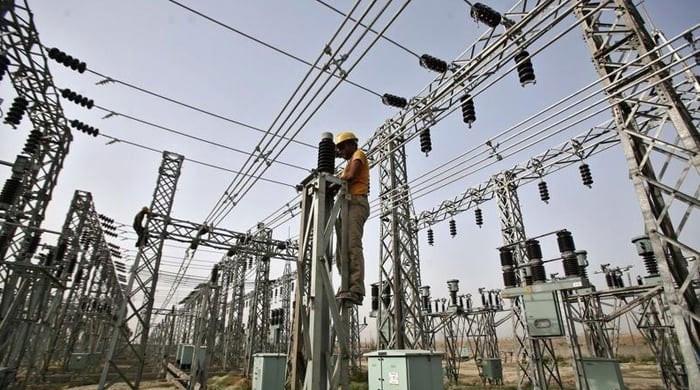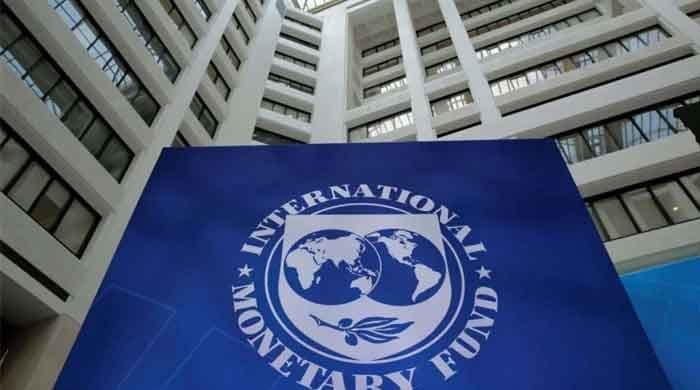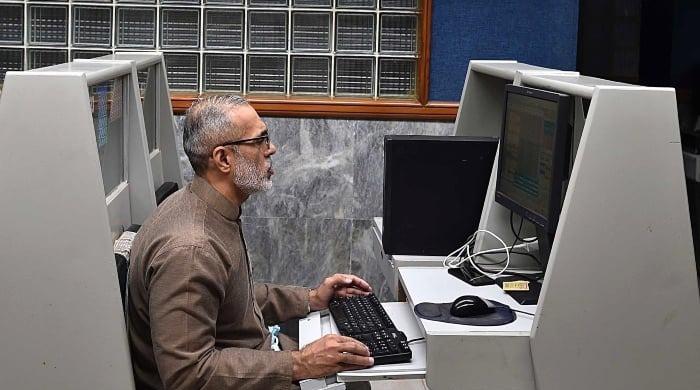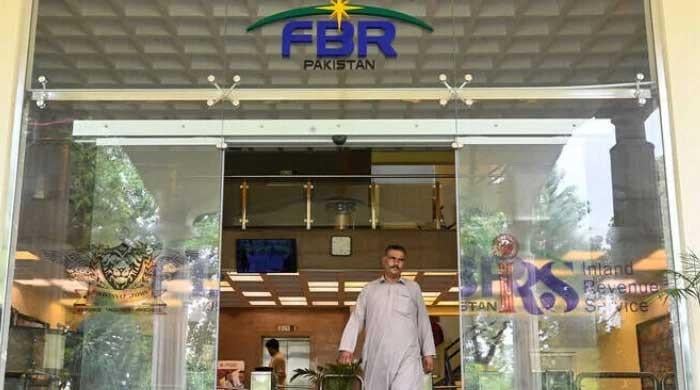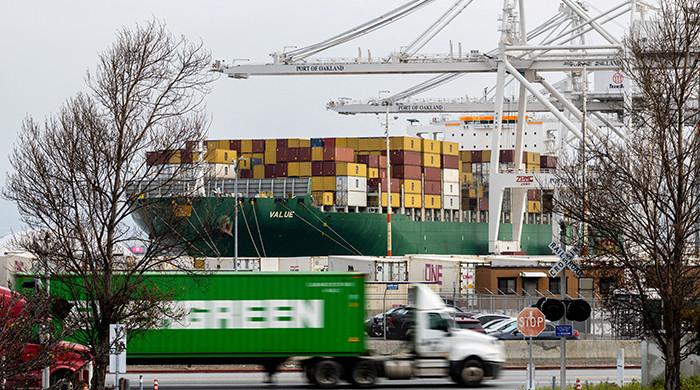Budget FY26: 18% tax sought on solar panel imports to aid local industry
Proposal aimed at creating a level playing field between imported and locally produced solar panels, says FinMin
June 10, 2025
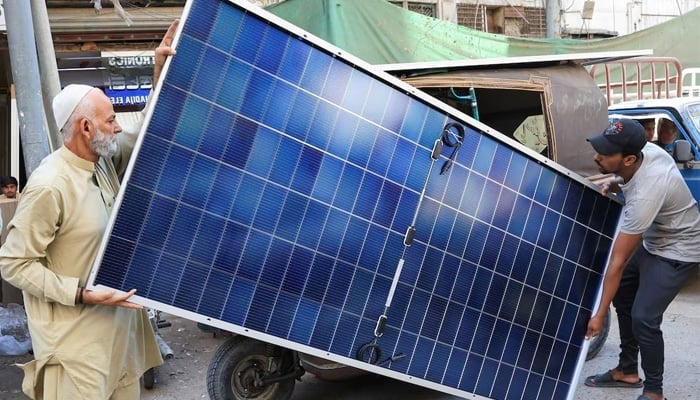
- Hike part of broader Budget 2025-26 tax reforms.
- Move aims to fix imbalances in sales tax system.
- Proposal expected to reduce import reliance.
The federal government on Tuesday unveiled the Federal Budget for 2025–26 in the National Assembly, proposing an 18% tax on imported solar panels in a bid to support local manufacturers and fix imbalances in the market.
Finance Minister Muhammad Aurangzeb, while presenting the budget, said the move was aimed at creating a level playing field between imported and locally produced solar panels.
He added that the measure would play an important role in promoting Pakistan’s domestic solar industry, which has long struggled to compete with cheaper foreign alternatives.
The minister said this proposal is part of a broader effort to fix long-standing issues in the country’s sales tax system and introduce fairness across sectors.
Under the International Monetary Fund (IMF) loan deal, Pakistan sharply raised power and gas tariffs to support struggling suppliers in the heavily indebted sector last year.
Pakistanis now pay more than a quarter more on average for electricity, setting off a scramble to install solar modules.
Solar made up over 14% of Pakistan's power supply last year, up from 4% in 2021 and displacing coal as the third-largest energy source, according to UK energy think-tank Ember.
That is nearly double the share in China, the world's top supplier of solar panels and a global leader in green technologies, and one of the highest rates in Asia, according to Reuters' analysis of Ember data.
But the explosion in solar uptake has left out many in Pakistan's struggling urban middle class, who have been forced to cut back on electricity in the face of soaring bills, according to interviews with more than two dozen people, including energy officials, consumers and power-sector analysts.
Most of the nation's solar panels aren't connected to sell excess capacity to the grid, so the benefits of cheap and reliable power aren't widely shared.
The flight of affluent Pakistanis with solar access from the national grid has dealt a further blow to those relying on pricey conventional sources of power.
Electricity companies that lost their most lucrative clients have been forced to additionally hike prices on their shrinking pool of customers to cover operating costs, according to Arzachel, a Karachi-based energy consultancy.




